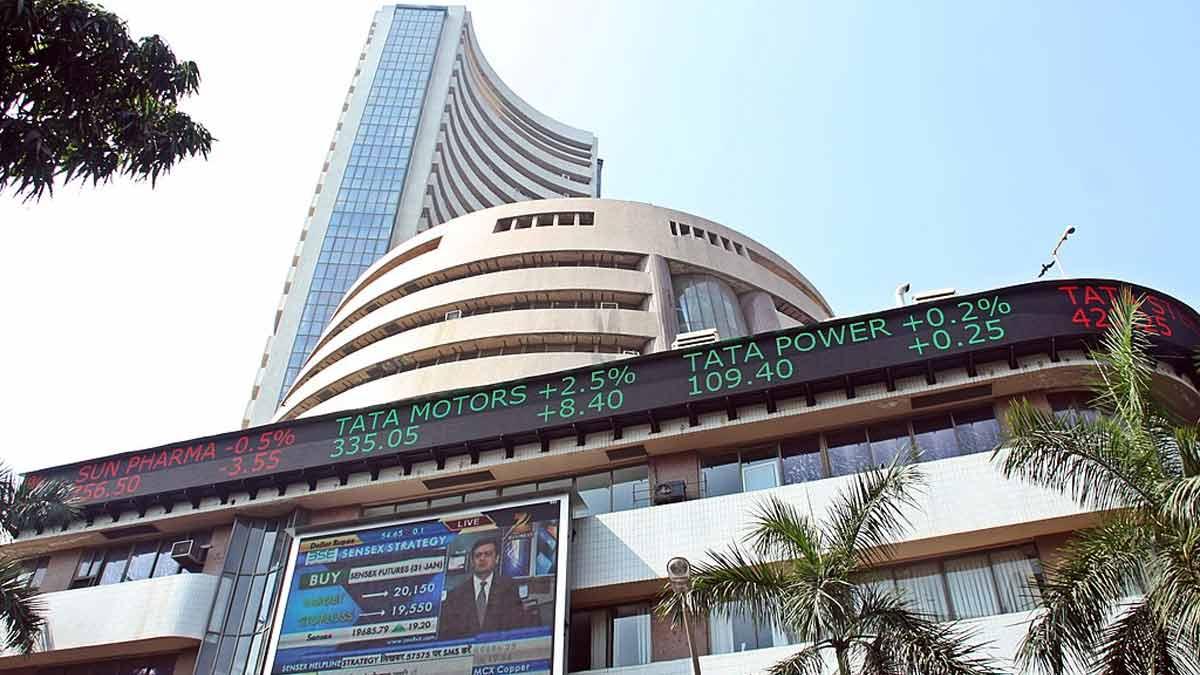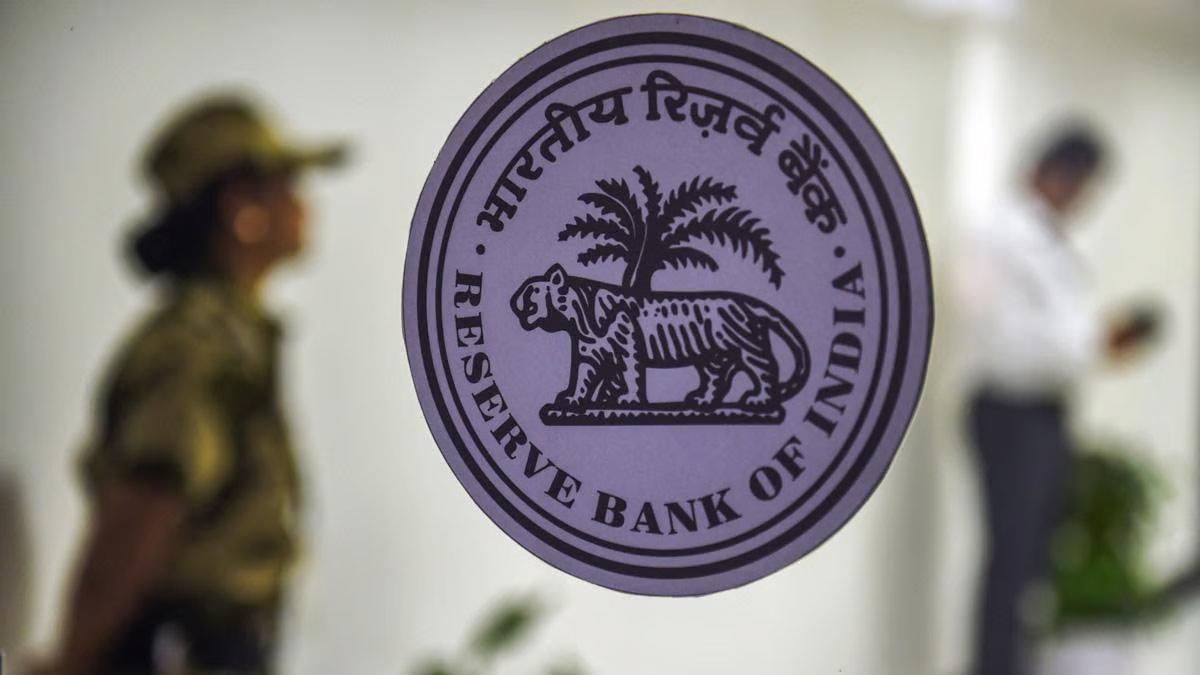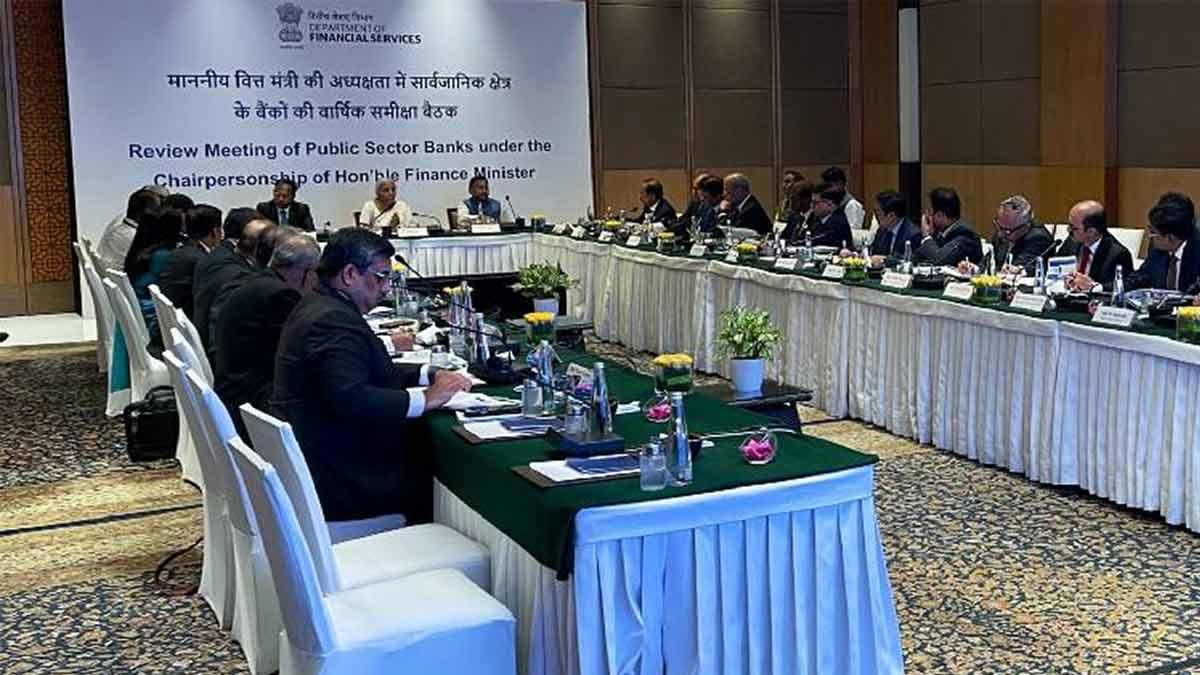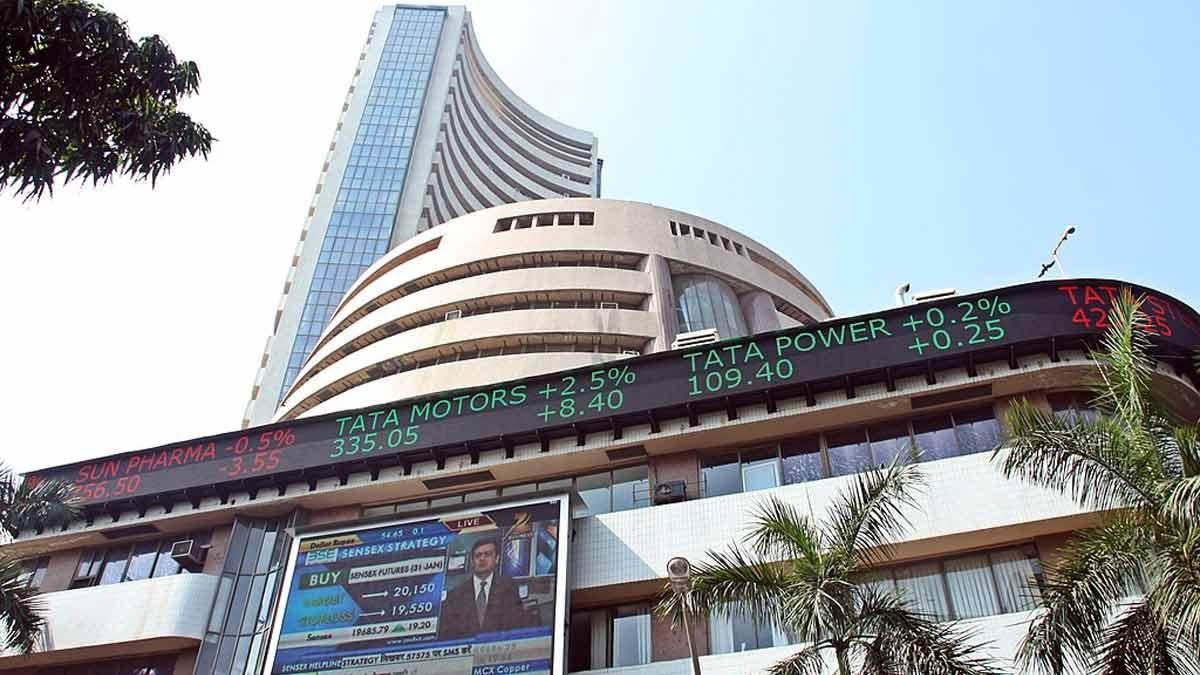India is emerging as a shining light in the midst of a worldwide economic slowdown, the OECD's newly published Economic Outlook claims. The report predicts India's economy will grow 6.3% in 2025 and rise further to 6.4% in 2026.
The country's robust economic momentum is being fuelled by firm domestic consumption, continued services and manufacturing growth, and ongoing government investment in infrastructure, the OECD said.
Yet the report also cautioned against impending external dangers. It noted that escalating trade tensions at the international level could adversely affect India's export-driven sectors.
China's growth trend, on the other hand, is seen to be slowing down. OECD estimates China's GDP to slow down from 5.0% in 2024 to 4.7% in 2025 and further to 4.3% in 2026.
Worldwide, economic activity should slow down, with growth decreasing from 3.3% in 2024 to 2.9% in 2025 and 2026, the report foresaw.
"The slowdown will be most concentrated in the United States, Canada, Mexico and China, with downward revisions of smaller magnitude in other economies," the report said.
For the United States, the OECD projects GDP growth to decline from 2.8% in 2024 to 1.6% in 2025, and then again to 1.5% in 2026.
The report also observed the return of inflation pressures in a number of countries. Increased tariffs and higher trade costs are set to push prices upward, though falling commodity prices may be able to counter the effect.
G20 headline inflation is expected to moderate from 6.2% in 2025 to 3.6% and then to 3.2% in 2026.
"The world economy has transitioned from a time of resilient growth and falling inflation to a more uncertain trajectory," said OECD Secretary-General Mathias Cormann.
"Governments must talk to each other so that any issues in the global trading system can be dealt with positively and constructively by discussion – having markets open and maintaining the economic dividends of rules-based global trade for competition, innovation, productivity, efficiency and ultimately growth," Cormann said.
On a brighter note, the report said that the elimination of new trade barriers could boost world growth and relieve pressures on inflation. Also, the easing of geopolitical tensions—such as the Russia-Ukraine conflict and the Middle East conflicts—would shore up investor confidence.
"Central banks should be on guard, in the face of increased uncertainty and the risk of initial rises in trade costs to accelerate wage and price pressures more broadly," the report cautioned.
Barring a rise in trade tensions and inflation, the OECD recommends interest rate reductions can continue in those economies where inflation is seen slowing and demand continues to be lackluster.
Read also| Inside Ukraine’s Operation Spider Web: A Strategic Strike Against Russia


















